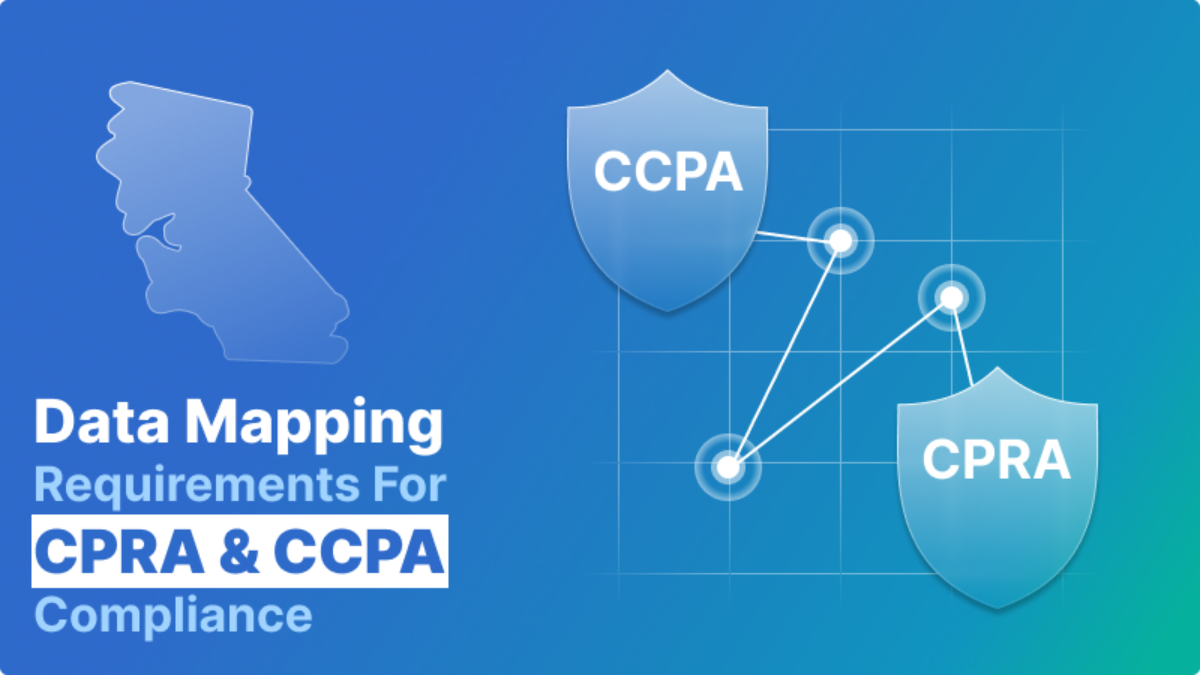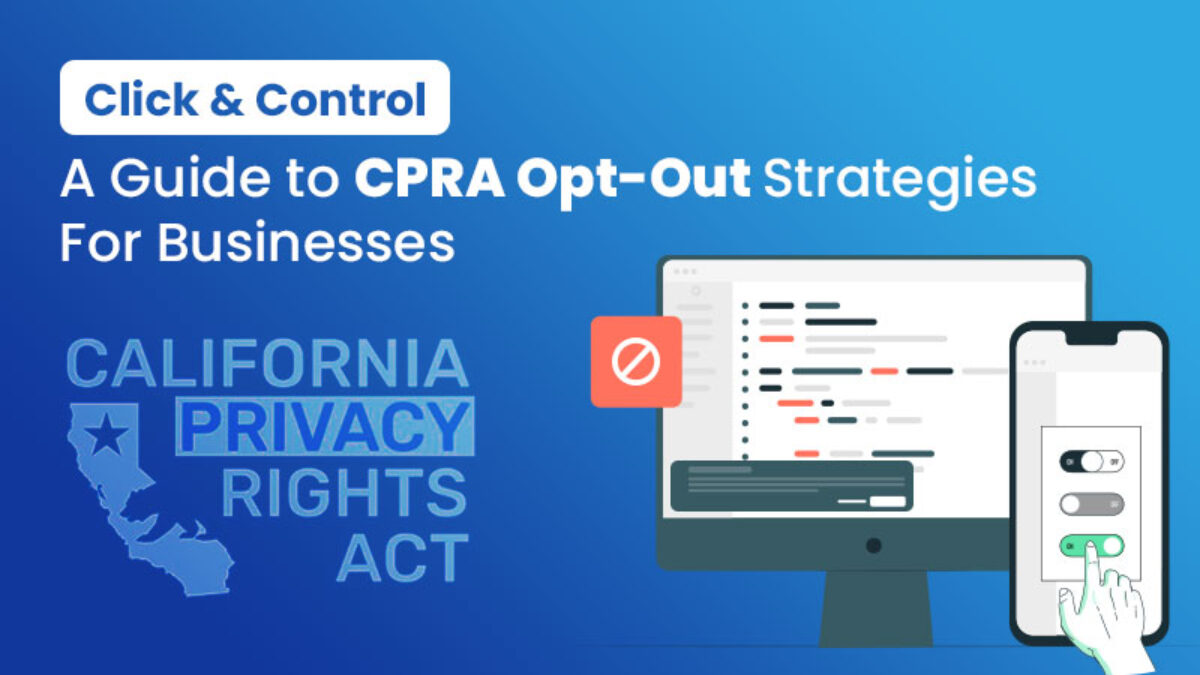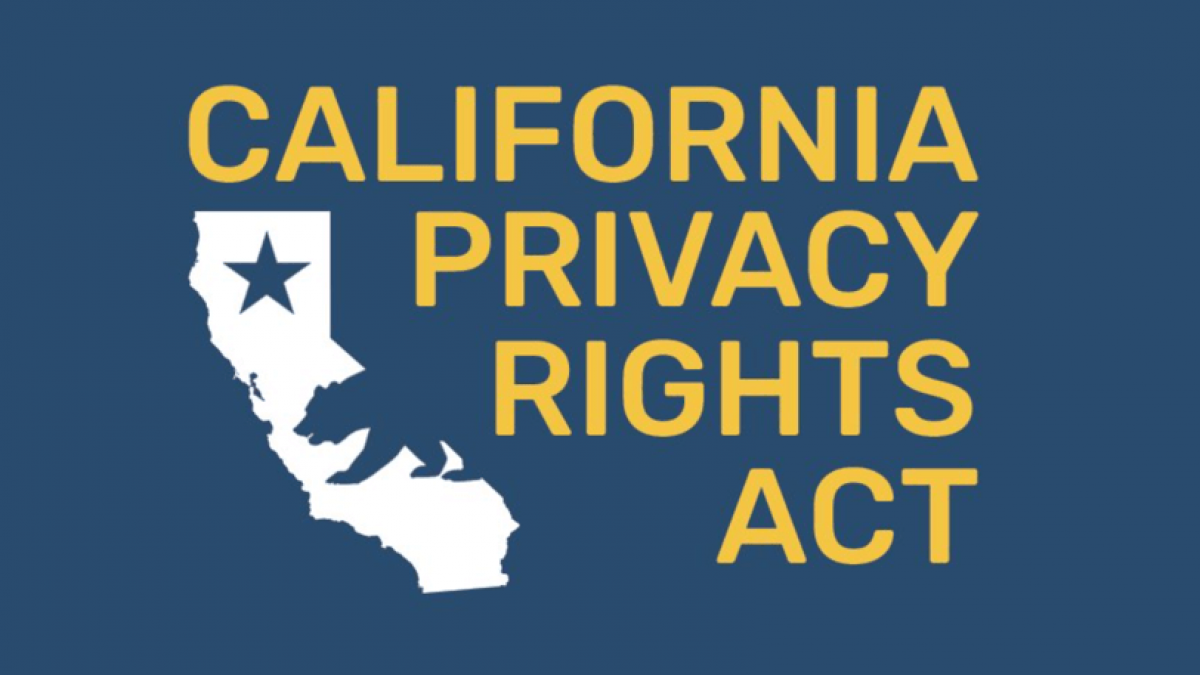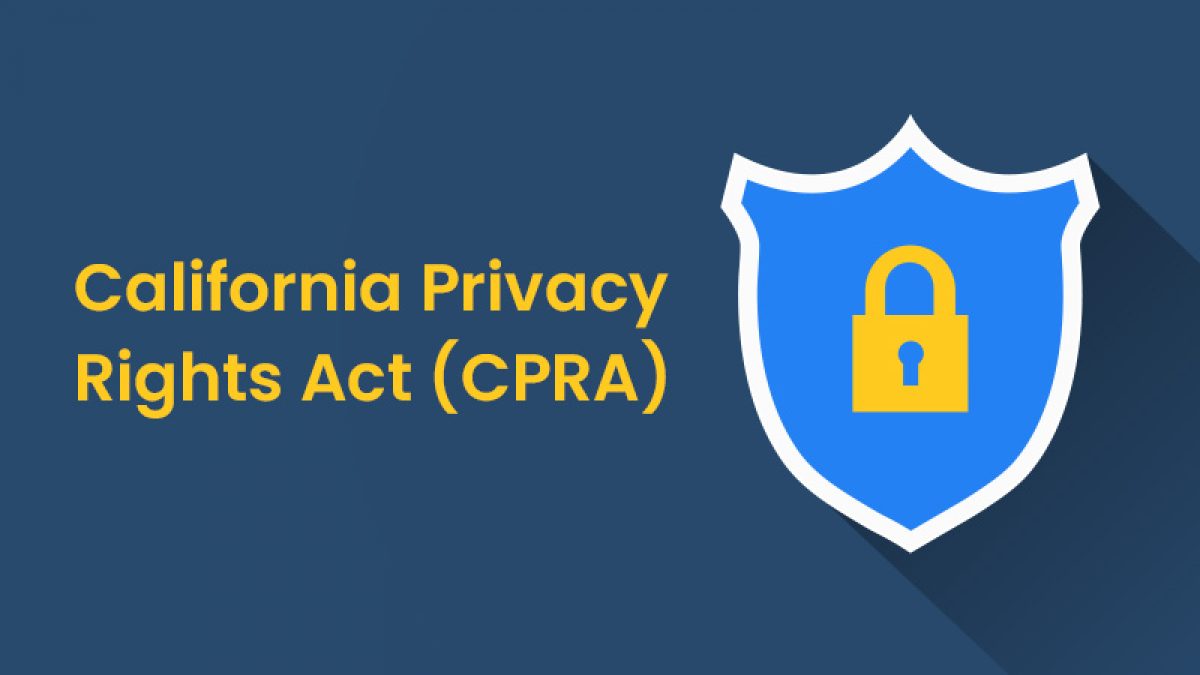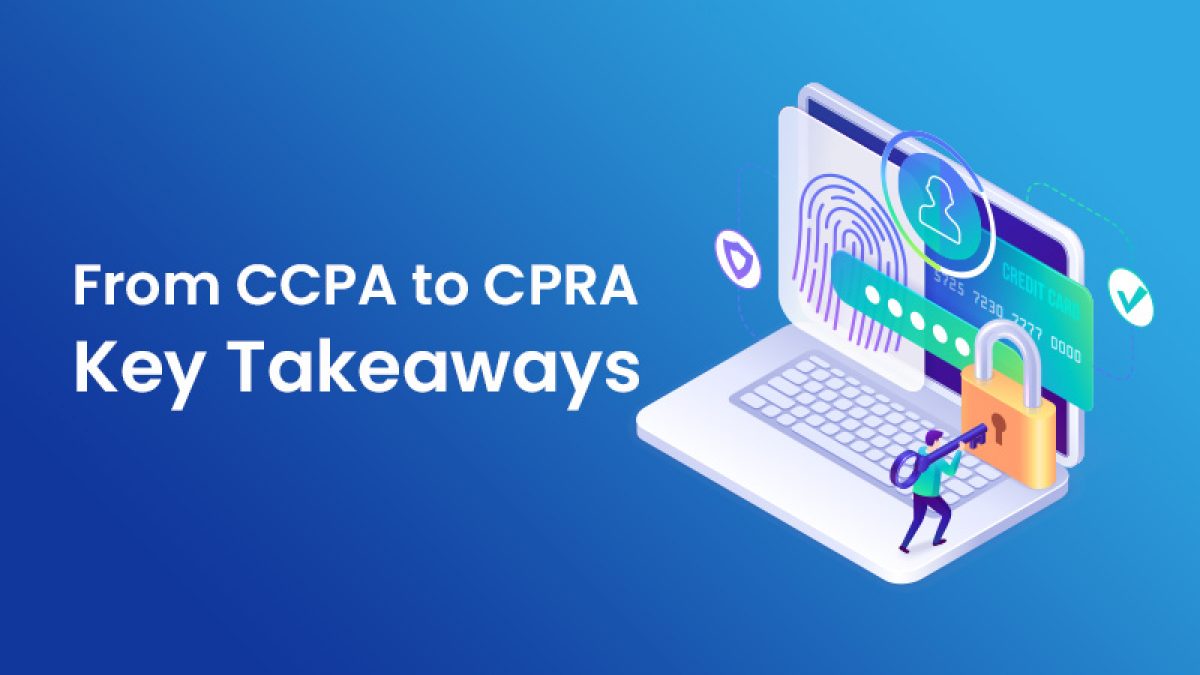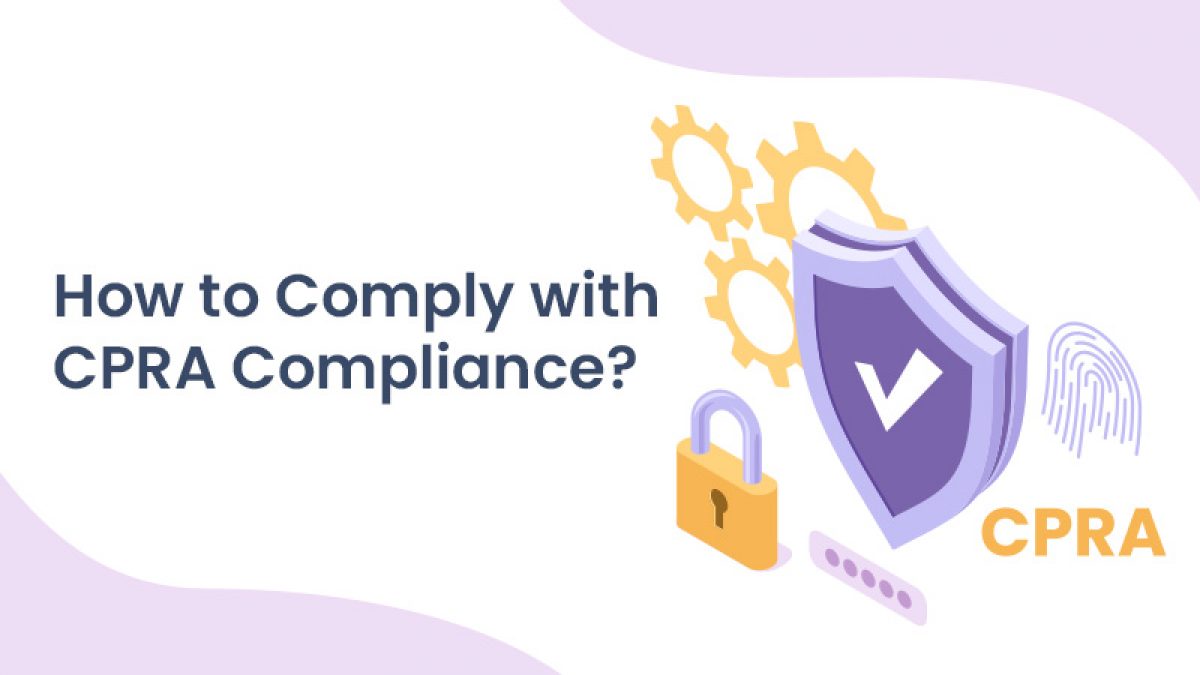Employee Privacy Rights: CPRA's Impact on Workplace Data Protection

In today’s digital age, the issue of employee privacy rights in the workplace has become increasingly significant. With the introduction of the California Privacy Rights Act (CPRA), employees are granted enhanced protection and rights concerning their personal data. This blog explores the impact of CPRA on workplace data protection and covers various aspects of employee privacy rights.
The California Privacy Rights Act (CPRA), also known as Proposition 24, was passed in November 2020 and amends the existing California Consumer Privacy Act (CCPA) to strengthen privacy rights for California residents.
Here are some key impacts of the CPRA on workplace data protection:
Expanded Definition of Personal Information
The CPRA expands the definition of personal information to include additional categories such as biometric data, geolocation data, and certain types of employment-related information. This means that more types of employee data are now covered under the law.
Enhanced Employee Data Rights
The CPRA introduces new rights for employees, such as the right to limit the use and disclosure of sensitive personal information, the right to know the length of data retention and the right to access and correct personal information held by employers.
Data Minimization and Purpose Limitation
The CPRA emphasizes the principles of data minimization and purpose limitation, requiring employers to collect and process only the personal information necessary for specified purposes. It also prohibits employers from using employee data for purposes incompatible with the original purpose of collection unless the employee is provided with notice and an opportunity to opt-out.
Additional Security Obligations
The CPRA imposes additional security requirements on businesses, including the obligation to implement reasonable security measures to protect personal information, perform regular assessments of security risks, and conduct audits of service providers handling employee personal data.
Employee Data Retention and Deletion
The CPRA introduces requirements for employers to establish data retention policies and specify the length of time personal information will be retained. It also grants employees the right to request the deletion of their personal information, subject to certain exceptions.
Private Right of Action for Data Breaches
The CPRA provides employees with a private right of action in case of a data breach resulting from a business’s failure to implement reasonable security measures. Employees may be entitled to statutory damages ranging from $100 to $750 per incident or actual damages if they are higher.
Increased Enforcement Powers
The CPRA establishes a new regulatory agency called the California Privacy Protection Agency (CPPA), which will have enhanced enforcement powers and authority to regulate and enforce the provisions of the CPRA. The CPPA will be responsible for investigating complaints, issuing fines, and providing guidance on compliance.
Employers in California need to ensure they comply with the CPRA and its requirements regarding employee data protection. Consulting legal counsel and staying up-to-date with the latest developments and guidance from the CPPA is advisable to navigate California’s evolving landscape of workplace data protection.
Employee data privacy rights encompass several key areas that deserve attention. Let’s delve into each of these aspects to gain a better understanding:
Internet and Email Privacy at Work
Employees often use company-provided internet and email services for work-related and personal purposes. However, it’s crucial to recognize that employers may have the right to monitor employee internet and email usage within certain boundaries. Under CPRA, employers must balance monitoring for legitimate business purposes and respecting employee privacy rights.
Telephone Privacy at Work
Similarly, employee telephone usage in the workplace may be subject to monitoring by employers, especially for business-related calls. However, employees still have a reasonable expectation of privacy for personal calls. CPRA reinforces the need for employers to establish clear policies and procedures regarding telephone privacy at work.
Video Surveillance and Employee Privacy
Workplace video surveillance is a common practice to ensure security and monitor employee behavior. CPRA emphasizes that video surveillance should be conducted within reasonable limits and that employees should be notified of its presence. Employers should be mindful of minimizing privacy intrusion and focusing surveillance solely on necessary areas.
Drug Testing
Employers may conduct drug testing in specific industries and safety-sensitive roles to maintain a safe working environment. However, drug testing should adhere to applicable laws and regulations, respecting employee privacy as much as possible.
GPS Tracking
Employers may utilize GPS tracking to monitor the location of company-owned vehicles or equipment. CPRA acknowledges the importance of employee privacy in this context and highlights the need for clear policies and consent regarding GPS tracking.
Monitoring of Social Media
Monitoring employees’ social media activities can raise privacy concerns. CPRA encourages employers to establish transparent policies regarding social media monitoring and respect employees’ personal privacy rights outside of work.
Ethical Employee Privacy Policies
Given CPRA’s impact, organizations should develop comprehensive employee privacy policies. These policies should outline the organization’s commitment to safeguarding employee privacy rights, provide clear data collection and usage guidelines, and establish procedures for addressing privacy concerns and data breaches.
Employee Data Protection Best Practices
To ensure compliance with CPRA and uphold employee privacy rights, organizations should consider implementing the following best practices:
- Conduct regular privacy assessments and audits to identify potential risks and areas for improvement.
- Obtain informed consent from employees when collecting and using their personal information.
- Encrypt sensitive employee data to protect it from unauthorized access.
- Train employees on data protection, privacy policies, and their rights under CPRA.
- Establish robust data breach response plans to address any security incidents promptly.
Employee Rights under CPRA
Under the California Privacy Rights Act (CPRA), employees have enhanced privacy rights, including:
Right to Know
Employees can request information on the personal data collected by their employers and its purpose.
Right to Limit Use and Disclosure
Employees can restrict the use and disclosure of their sensitive personal information.
Right to Access and Correct
Employees can access and correct their personal information held by employers.
Right to Deletion
Employees can request the deletion of their personal information, with some exceptions.
Right to Opt-Out of Sale
Employees have the right to opt-out of the sale of their personal information.
Right to Non-Discrimination
Employees cannot be discriminated against for exercising their privacy rights.
Employers should comply with these rights, establish clear policies, and respond promptly to employee requests.
Conclusion
The introduction of CPRA has significantly influenced employee privacy rights in the workplace. It emphasizes the importance of transparency, consent, and data protection. Employers must understand and comply with the regulations to ensure a fair and respectful work environment that respects employee privacy.
FAQs
Employers have the right to monitor work-related communications, including work emails and activities on company-owned devices or networks. However, they typically do not have the right to monitor personal email accounts or access private social media accounts. Review your employment contract and company policies to understand the specific guidelines in your situation.
Employers should obtain consent and establish clear policies before implementing GPS tracking. Employees have the right to be informed about the purpose and extent of such tracking.
Yes, it is generally legal for employers to monitor employees at work. However, it must be done in accordance with applicable laws. Employers should establish clear policies, inform employees about monitoring practices, and respect their privacy rights. Balancing monitoring needs with employee privacy is crucial for a compliant and respectful work environment.
Yes, background checks are generally permitted in the hiring process as long as they comply with legal requirements. Employers conduct background checks to verify information, assess qualifications, and ensure a safe work environment. Employers must obtain candidate consent, follow fair hiring practices, and respect privacy rights. Clear policies should be established, candidates informed, and information handled confidentially and responsibly. Discrepancies should be addressed and disputed if necessary.
Yes, surveillance in the workplace is generally allowed, but it must comply with applicable laws. Employers can monitor activities for security and misconduct prevention. However, they must inform employees, limit monitoring to work-related areas, and respect privacy rights. Clear policies, legal compliance, and a balance between security and privacy are crucial for a respectful work environment.
Yes, employers can keep certain document information from employees as long as it complies with privacy laws and regulations. This includes employment-related contracts, tax forms, evaluations, and disciplinary records. Clear policies regarding personal data collection, usage, retention, and security should be in place.
When an employee leaves the company, employers must:
- Dispose of unnecessary data: Retain data for the required duration based on legal requirements. Any data no longer needed should be securely destroyed, both digitally and on paper.
- Adhere to legal requirements: Maintain specific records for designated periods, such as working time records for two years and payroll records for three years from the end of the employment tax year.
- Retrieve IT equipment and restrict access: Collect company devices from departing employees and promptly restrict their access to internal systems, processes, and documents.
By following these requirements, employers can ensure compliance with data protection regulations and promote a culture of trust, transparency, and accountability regarding data privacy.
Privacy laws that commonly apply to employees include:
- EU GDPR: Protects personal data of individuals in the European Union and European Economic Area.
- CPRA: Grants privacy rights to California residents, including employees.
- PIPEDA: Governs personal information handling by private sector organizations in Canada.
- HIPAA: Safeguards the privacy of individually identifiable health information in the United States.
Additionally, specific employee privacy laws regulate monitoring, consent, data retention, and employee rights in various countries.
If you feel your employee privacy rights are being violated, reviewing your organization’s policies and procedures is important. You may consider discussing your concerns with human resources or seeking legal advice to understand your rights and potential recourse.
Remember, this blog provides general information and should not be considered legal advice. It’s crucial to consult with legal professionals to address specific concerns or situations related to employee privacy rights and CPRA compliance.
Data breaches can have severe repercussions for companies, including:
- Financial losses from the investigation, legal actions, and regulatory fines.
- Damage to reputation and loss of customer trust.
- Legal and regulatory consequences, such as investigations and potential liability.
- Loss of competitive advantage and exposure of sensitive information.
- Operational disruptions and productivity loss.
- Harm to customers and employees, leading to legal actions and strained relationships.
It is vital for companies to prioritize data security, have safeguards in place, and have a robust incident response plan to mitigate these risks.
